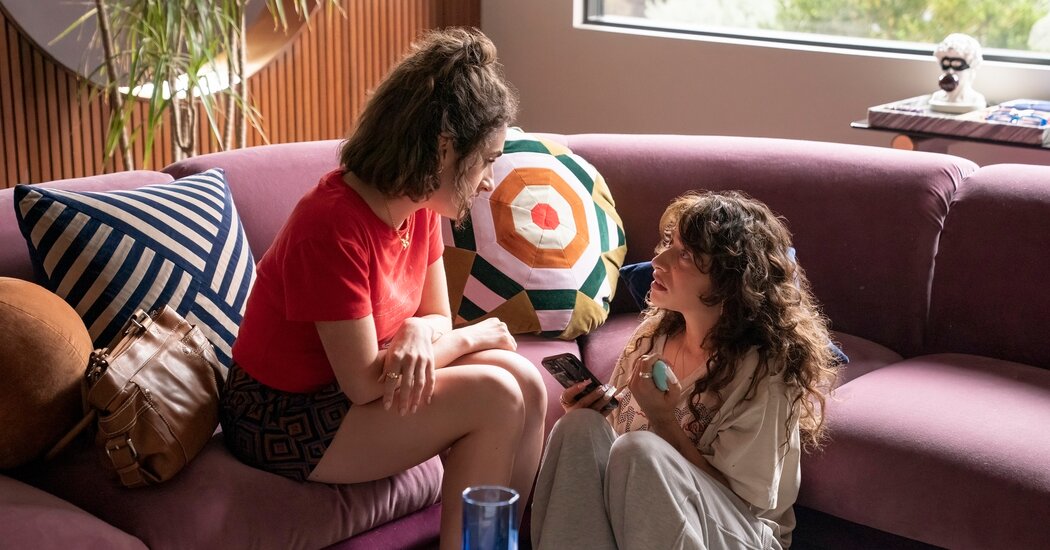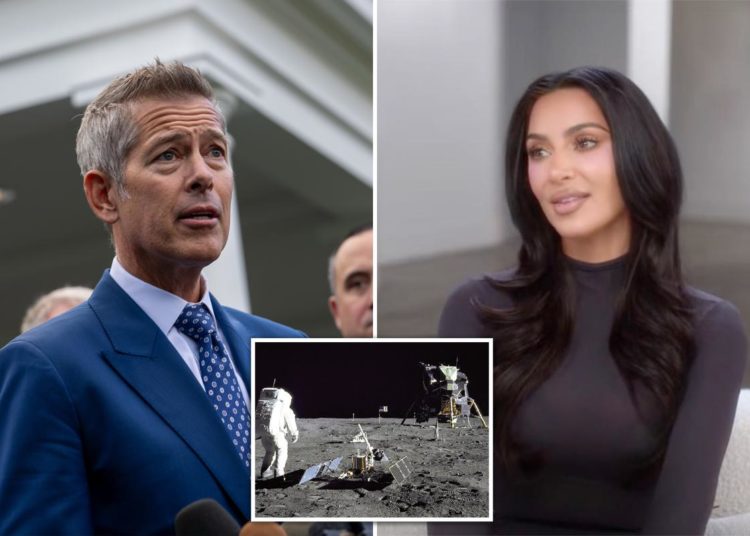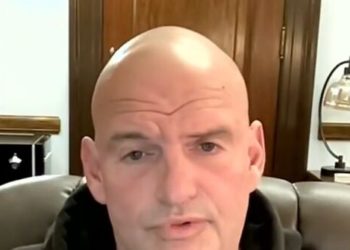Early in the new HBO series “I Love L.A.,” the heroine Maia, played by Rachel Sennott, the show’s creator, finds herself in a situation familiar to anyone with a frenemy. Scrolling on her phone, she encounters a post from a former pal she had been trying to avoid. Even worse: The friend, Tallulah (Odessa A’zion), looks incredible and had been paid thousands to post the image, a sexy look from a fashion campaign.
Tallulah soon bursts into the narrative with a husky voice and bad instincts. She is irresponsible, entrancing and one of the most prominent influencer characters on television.
Though the term “influencer,” describing what is essentially a social media star, was only added to the Merriam-Webster dictionary in 2019, internet-famous characters have been showing up on TV for years. Often such figures are vain and vapid, subjects of derision. “I Love L.A.” represents something of a turning point in adding depth and dimension to its portrayal of an influencer, the latest evolution in a trajectory that reflects broader feelings about social media and its effect on the culture.
The proto-influencer
In the first episode of the Nickelodeon series “iCarly,” which aired in 2007, the title character is approached by two girls who fawn over her new web show, a livecast called, of course, “iCarly.” The fans ask Carly (Miranda Cosgrove) and her friend Sam (Jennette McCurdy) for their autographs. Sam tells her pal to get used to it: “You might get famous.” Carly replies, “I don’t know if I’m going to like that.” But when a cute boy asks Carly to dance, she decides online fame isn’t so bad after all.
Carly Shay was an influencer before the concept had been popularized. Internet celebrity was still somewhat novel — Instagram didn’t exist yet and platforms like Facebook, YouTube and Twitter were in their infancy. Her show starts as an outlet for kooky talents, and there’s a wholesomeness to her pursuits. This is no doubt partly because “iCarly” was a kids’ show, but it was also easier then to sell the internet as a place for unfettered creativity with none of its pesky dark side. (The 2021 reboot remained on brand, with Carly mostly undamaged by her viral youth.)
The influencer as social misfit
By 2014, social media obsession was going strong, and ABC attempted to capitalize with the sitcom “Selfie.” In this modern take on “Pygmalion,” Eliza Doolittle becomes Eliza Dooley (Karen Gillan), an “Insta-famous” pharma rep who, after an unflattering viral moment, enlists a colleague named Henry Higgs (John Cho) to improve her image. True to its inspiration, the show presents being an influencer as akin to being uncouth. But this Eliza has vocal fry, instead of a cockney accent, and a penchant for push-up bras. Henry brings out Eliza’s good sides, of course, while she helps him become a little more fun loving. Romance blossoms but doesn’t get very far — the show only lasted one season.
The influencer as cautionary tale
Most films and series with influencers feature a similar arc: Their lives may look perfect on the outside, but behind the filters they are anything but. One example is the film “Ingrid Goes West” (2017), in which Aubrey Plaza plays a disturbed young woman obsessed with a social media star named Taylor, played by Elizabeth Olsen. As Ingrid gets closer, she realizes how fractured Taylor’s life really is, and her obsession with Taylor leads to her own mental breakdown. There are no winners here.
The hollowness of an influencer’s life also figures in the first season of the stalker drama “You,” when the sexy, intellectual serial killer Joe Goldberg (Penn Badgley) meets a frivolous “body positive Insta-celeb” named Annika (Kathryn Gallagher) — the secret to her success, Joe says, is to “be shameless.” Annika’s life falls apart when someone posts a video of her drunkenly spouting racist comments.
In Season 3, Joe meets Sherry (Shalita Grant), a “momfluencer” whose brand, Joe says, is “humble-bragging and superiority fronting as hard-earned wisdom.” The homicidal Joe is clearly no hero, but his distaste for the phoniness of influencers is presented as one of his few relatable traits.
The influencer as cult member
Influencers are often depicted as narcissistic jokes. For example, in a 2019 episode of the showbiz satire “The Other Two,” the wannabe actor protagonist (Drew Tarver) encounters a cohort of “Insta-gays,” insipid hot guys who pose half-naked for pictures and travel in a pack. However, perhaps no depiction has been as savage as the one on the dark comedy “Search Party.”
In the fifth and final season, in 2022, the Brooklyn hipster-turned-murderer Dory (Alia Shawkat) joins forces with a tech guru (Jeff Goldblum) to become a cult leader preaching the values of a pill that will supposedly cause enlightenment. To promote her not-yet-developed product, she recruits a group of influencers to become her disciples. These acolytes include a woman who has amassed followers by roller skating (Angela Trimbur) and another who paints her face (Grace Kuhlenschmidt). There’s a man who performs rudimentary science experiments (Larry Owens) and a socialite (Greta Titelman). Each has a gimmick but little else — they are portrayed as empty humans willing to buy whatever Dory is selling, which turns out to be a drug that turns people into zombies. The show suggests that influencers are kind of zombies anyway.
The influencer as marketing hook
One of TV’s most earnest depictions of an influencer is on “Emily in Paris,” which debuted on Netflix in 2020. Emily Cooper, the cheery Chicago transplant played by Lily Collins, becomes an unwitting social media star by posting innocuous pictures of her life in France with banal hashtags. (A selfie with a bouquet? “#EverythingsComingUpRoses!”)
A marketing expert, Emily enjoys her unintentional clout but is not seeking attention — she’s just documenting her effortlessly cutesy life with an eye toward branding. But the series makes it clear that Emily is not like other influencers: In Season 1, she is invited to an event hosted by a makeup brand, and the other women attending are presented as mean girls seeking fame.
The influencer as complicated heroine
“I Love L.A.” gives television arguably its most layered influencer to date in Tallulah, a chaos agent who arrives in the title city to wreak havoc in Maia’s life. While Maia is initially frustrated with her friend’s reappearance, she soon sees her as a career opportunity: Maia is a budding talent manager who can take on Tallulah as a client and impress her boss.
Most of the characters on “I Love L.A.” are self-interested social climbers, and it is soon apparent that Tallulah is the most guileless of them all. She seems to be an influencer almost by accident. Gorgeous and charismatic, she fell into the job rather than carefully calculating her professional moves. The show is more interested in Tallulah’s personality than her posts, and the combustible mix of her wild impulses and deep need to be liked gets her into trouble.
“I Love L.A.” treats influencing as the potentially lucrative but challenging and competitive profession that it has become — a modern commercial enterprise that also employs managers, stylists and other peripheral specialists. Tallulah, despite some success, is not rich, and Maia’s responsibilities include negotiating brand deals for her as well as image control when a competitor starts spreading gossip. “I Love L.A.” understands that the gig isn’t just about self-gratification; it’s about economics.
The post ‘I Love L.A.’ Depicts the Ecstasy and Agony of Influencing appeared first on New York Times.




